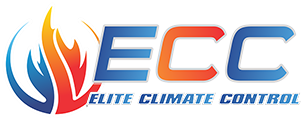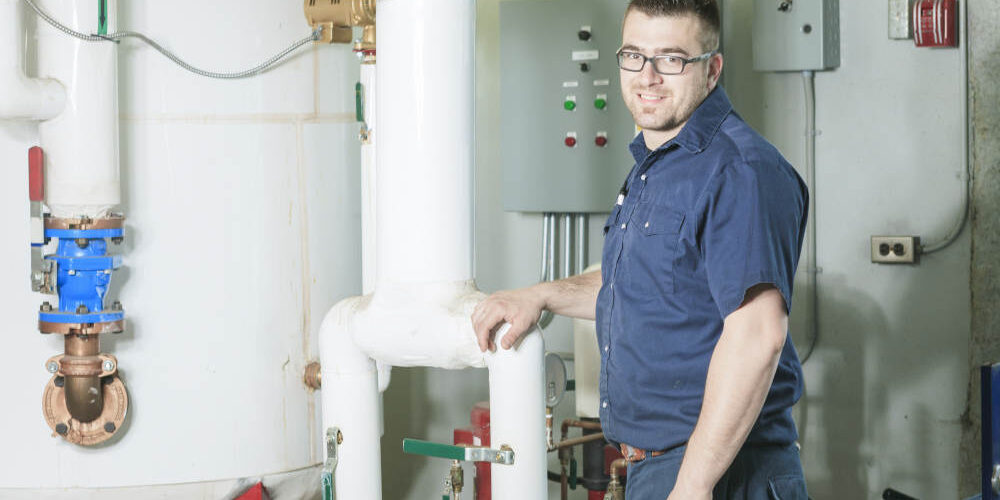The term natural gas is often bandied about, but do people really understand what it is and what it can do? Most High Desert residents have natural gas pipes running into their homes. It is used for heating, cooking and hot water. Understanding a little bit about this useful commodity can help them to use it wisely and keep their homes safe. Their local High Desert air conditioning and HVAC specialist can help answer these questions.
What is Natural Gas and How is it Used for Heating
Natural gas is a naturally occurring hydrocarbon gas mixture. Hydrocarbon is a compound that consists of hydrogen and carbon. Varying ratios of hydrogen and carbon molecules create different gases. Natural gas is mostly comprised of methane, but it also contains ethane, propane, butane, carbon dioxide, oxygen and nitrogen. This gas is colorless, odorless and shapeless. It is a cleaner burning fuel which emits lower levels of byproducts into the air.
Natural gas is combustible
Most natural gas used in homes is almost pure methane. Because methane is odorless, an odorant called mercaptan is added to the gas. The mercaptan creates a Sulphur like odor that enables people to smell the gas if there is a gas leak. Natural gas is combustible, so the biggest danger of a leak is an explosion. Explosions are rare, but if a gas leak is suspected it should always be checked out by a qualified High Desert HVAC technician or a utility technician who will usually refer any repairs to a heating and air conditioning technician.
Dangers of Faulty Furnaces
Faulty appliances and poorly maintained furnaces may not burn natural gas properly. A yellow flame can be a sign that the appliance needs adjusting or that it is not venting properly. A clean natural gas flame should look blue when it burns. If a natural gas appliance isn’t burning properly, carbon monoxide can begin to build. Carbon monoxide is an odorless gas that is hazardous when inhaled. It displaces oxygen and robs the brain of this essential element. Breathing CO can lead to dizziness, flu-like symptoms, and even death.
Test the systems for leaks and hazards
Having furnaces properly maintained can help avoid possible hazards of using natural gas. A new or properly functioning HVAC system will burn clean and will not emit hazardous CO. A qualified High Desert heating and air conditioning technician can test the systems for leaks and hazards and recommend any possible corrections that may need to be made. Having a CO detector can also be a good idea. Proper maintenance and a general awareness of any strange smells or poorly burning flames are also a good idea.




